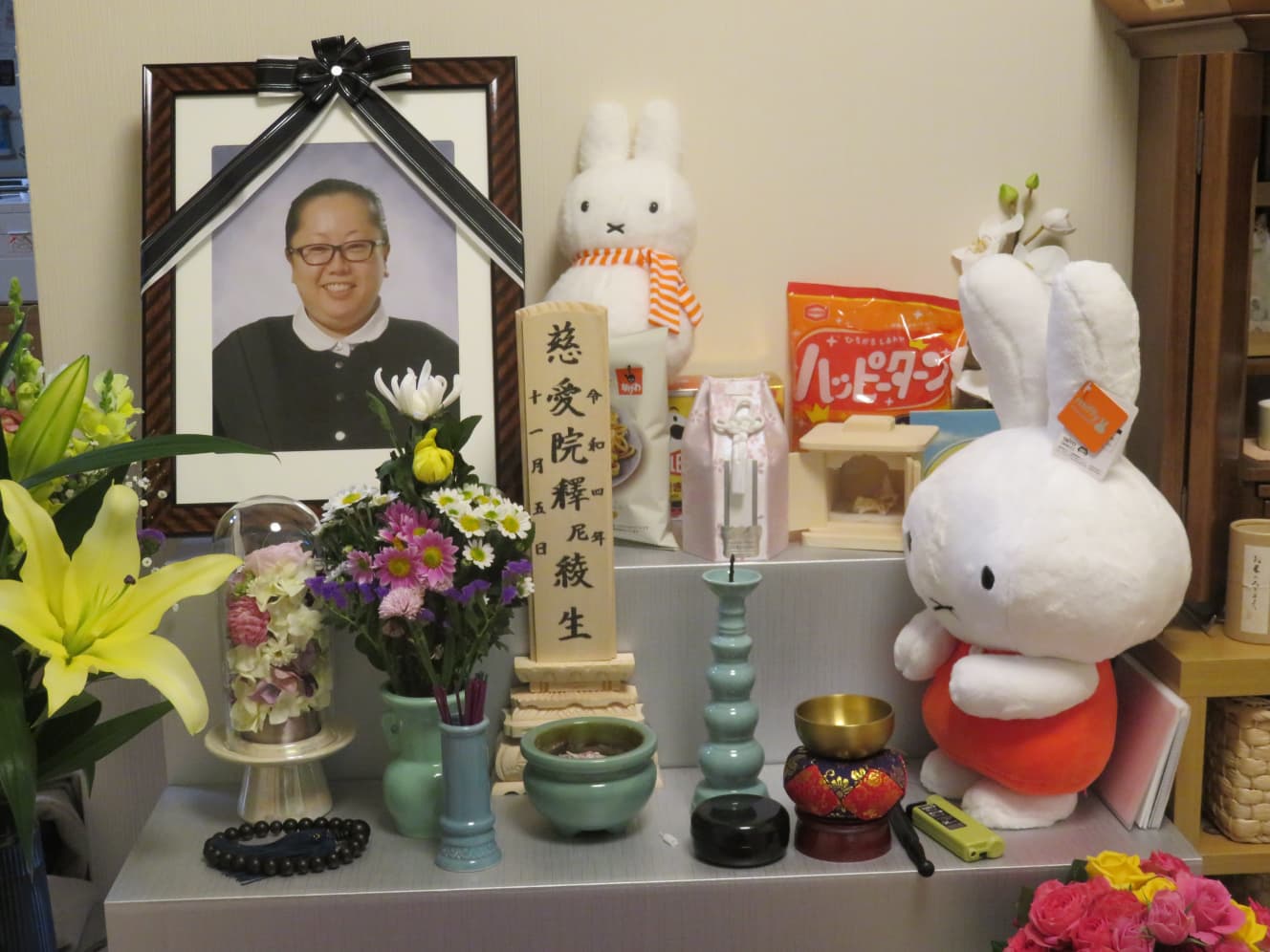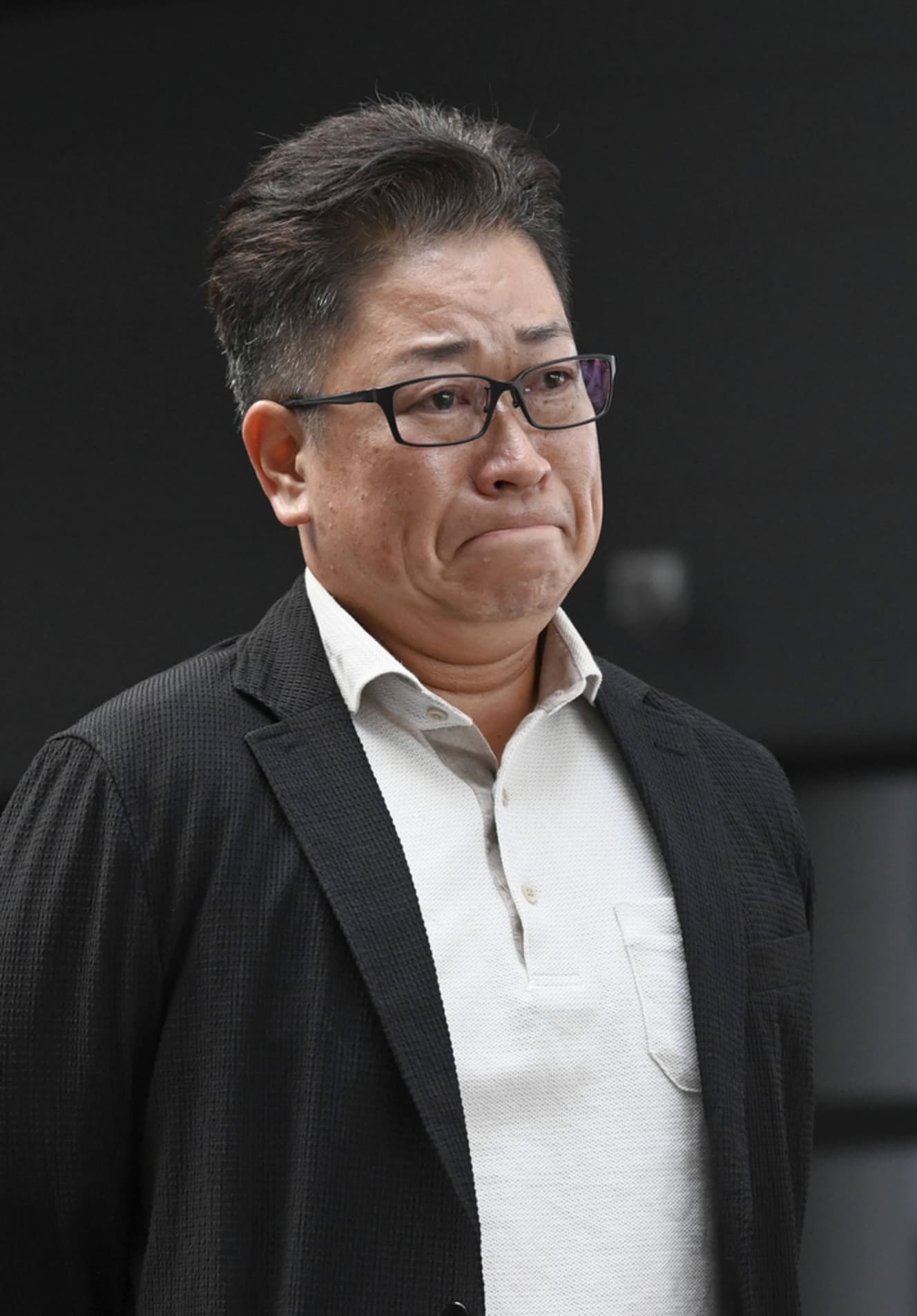Wife Dies Suddenly 100 Minutes After Corona Vaccination; Aisai City “Too Dishonest” to Let Husband Decide to File Criminal Charges

The husband, Eiji Iioka, 45, who is the bereaved family member of Ayano Iioka, a 42-year-old former nurse who died on November 5, 2011 in Aisai City, Aichi Prefecture, after her health suddenly deteriorated immediately after receiving a new type of corona vaccine, said that the doctors and nurses who took care of Ayano after she suffered anaphylactic symptoms following the vaccination did not take the necessary measures to save her life. The city of Aisai and the doctors and nurses who administered the inoculation are facing criminal charges of manslaughter on the grounds that Ayano may have died as a result of the failure of the doctors and nurses to take the necessary measures after she suffered anaphylactic symptoms.
We cannot deny the possibility that the inoculation could have saved her life.”
After Ayano’s death, a “Medical Accident Investigation Committee” (hereinafter referred to as the “Investigation Committee”) consisting of outside experts began meeting regularly at the end of last December to review and evaluate the process leading to her sudden death and to prevent recurrence. The committee announced the results of its investigation, which stated that Ms. Ayano was likely to have had a severe allergic reaction after the inoculation, and that the possibility could not be denied that she could have been saved if the therapeutic drug had been administered at an early stage.
Eiji, who heard a direct explanation from Aisai city officials and doctors two days after Ayano’s death last year, consistently insisted that “the doctors who took care of Ayano should have suspected anaphylaxis (when her condition suddenly changed) and acted accordingly, but they failed to take the necessary measures.
However, at a press conference held by the Aichi Medical Association on November 17, 12 days after Ms. Ayano’s death, the possibility of the most severe form of anaphylactic shock was strongly suspected, and the association stated that “if anaphylaxis was suspected, muscular injection of adrenaline (deployed at the venue) should have been given without any hesitation in the diagnosis. However, in the case of the most severe form of anaphylactic shock, even if adrenaline had been administered, there is a strong possibility that the patient could not have been saved, and “it cannot be denied that the cause of death was acute left heart failure,” he explained. Since the cause of death and other details were unclear, attention was focused on the results of the investigation committee’s verification, which were announced on September 26.
According to the results of the investigation, Ayano began coughing during the post-inoculation observation, then complained strongly of breathlessness, and 10 minutes after the onset of symptoms, she went into cardiac arrest .
Furthermore, when Ms. Ayano, who was waiting after the inoculation, complained of breathing difficulties and other symptoms, the nurses were unable to recall anaphylaxis, they interpreted that Ms. Ayano was not feeling well before the inoculation without confirming her condition before the inoculation with the interviewer, and they were influenced by this information. The responding physician’s failure to administer adrenaline, which is used in the initial treatment of anaphylaxis, was “not standard,” he noted. He further stated that “if adrenaline had been administered early, the possibility that it could have saved her life cannot be ruled out, and the consequences of not administering it are significant.” In other words, the conclusion was almost identical to what Eiji had argued.

The investigative committee meeting was to have ended on March 26, but on that day, something else happened that renewed the anger of Eiji Iioka and the other bereaved families. Before the Investigation Committee’s press conference, an explanation was given to the bereaved families. After the briefing, Aisai City Mayor Takaaki Hinaga suddenly arrived at the venue of the briefing without prior notice.
His purpose was to apologize to the bereaved families. Although he apologized to the bereaved families for the discomfort he had caused them, he went on to defend those in charge of the inoculations, saying that they had worked “very hard. He did not offer any apologies for Ayano’s death, even though the “non-standard” behavior of the doctors and nurses, or the faulty way they handled the situation, led to Ayano’s sudden death.
A “letter of protest” sent to Eiji’s representative
Furthermore, Eiji and others were watching Mayor Hinaga’s press conference, which was held after the explanation to the bereaved family, remotely in a waiting room prepared separately from the press conference venue, but during the press conference, the screen became distorted and they could not hear. Eiji and his family members went to the press conference room and entered, overcoming the staff member’s attempts to restrain them, and even spoke to the mayor.
The Aisai City officials claimed that Eiji and his family members “did not follow the instructions of the person in charge of facilitating the press conference and spoke at the press conference without permission,” and even sent a letter of protest to Eiji’s representative, using the term “intrusion” to describe their behavior. The letter of protest included a statement that if Eiji and others came to the city hall or other facilities in the future to dispute the letter of protest, they would report the incident to the police.
Eiji has not said much since the investigative committee started at the end of December last year, saying, “Thecommittee is conducting an investigation, and I want to quietly watch how the investigation progresses. On the other hand, in his heart of hearts, he was still holding on to his anger, saying, “As a result, a person (his wife) has died.
The conclusion reached by the investigation committee was almost the same as what Eiji and his family had claimed, that “the possibility of saving a life cannot be denied,” but the words and actions of Mayor Hinaga and the city government immediately after the investigation showed little reflection on the fact that “a person died,” and in fact, they acted in what could be seen as a strong defense. Rather, they acted in a manner that could be seen as a strong argument. This set off a new round of “criminal charges” against Eiji and the other bereaved families.
Under the Immunization Health Damage Relief Program, a lump-sum death benefit is payable in the event of death due to immunization. However, what Eiji and his family are hoping for is not money.
I don’t think vaccines are bad. I believe that the vaccinations must be given in a safe environment that is properly maintained. If a safe environment can be protected because of my wife’s case, I want it to be useful.”
What caused Ayano’s unexpected death? I believe that taking the matter to court and clarifying the cause and responsibility, even if it takes time, and creating a medical system that will prevent the same tragedy from happening again through mass vaccination, will be the least we can do for Ms. Ayano, who was a former nurse.

◆Report released by the Ministry of Health, Labor and Welfare

Ayano’s medical record at the hospital where she died



PHOTO: Kyodo News (2nd, 3rd, and 8th pictures)
